|
|
|
|
Urban transportation has changed dramatically in recent years with the spread of electric bicycles and scooters. But those gadgets come with some hazards: New York City and San Francisco, which have a high density of electric vehicles, have had to handle more than 660 fires involving lithium-ion batteries since 2019. A team of energy researchers from Clemson University and Hunan University explain how these pervasive batteries work, when dangers can arise and
steps people can take to mitigate problems. They also provide a snapshot of research to make batteries safer, including different materials and improved management systems.
One of the economic arguments behind policies to advance green technology industries, such as wind energy or battery manufacturing, is that they will create jobs – and some people who now work in fossil fuels have transferable skills. But University of Pittsburgh researchers Morgan R. Frank and Junghyun Lim found in a paper published yesterday that the location of projected green jobs does not map well with where fossil fuel workers are now. “Without careful
planning and targeted policies, we estimate that only about 2% of fossil fuel workers involved in extraction are likely to transition to green jobs this decade,” they write.
Any story with “flesh-eating bacteria” in the headline is sure to get a lot of attention, which may explain why an article on the subject was one of the most-read science stories in the past week. In it, University of Indiana infectious disease expert Bill Sullivan explains what people should know about necrotizing fasciitis, a bacterial infection of open wounds people typically get from seawater. Although it is on the rise, it remains relatively rare and can be
prevented by washing wounds that occur from swimming, fishing or preparing seafood, he writes.
Also in this week’s science news:
If there’s a subject you’d like our team of science editors to investigate, please reply to this email.
|

|
Martin LaMonica
Director of Editorial Projects and Newsletters
|
|
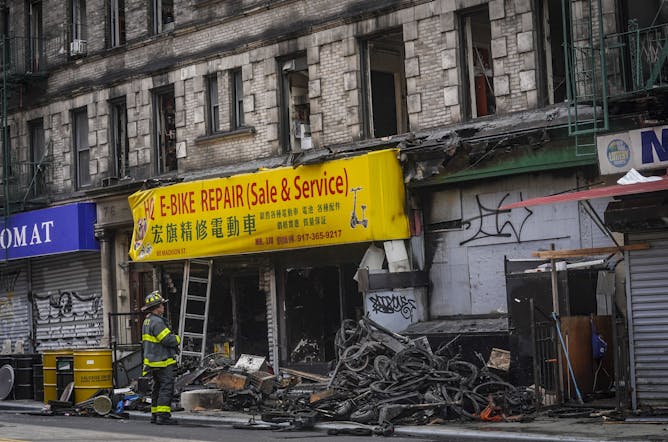
In June 2023, a fire started at this e-bike shop in New York City and spread to upper floors of the building.
AP Photo/Bebeto Matthews
Apparao Rao, Clemson University ; Bingan Lu, Hunan University; Mihir Parekh, Clemson University ; Morteza Sabet, Clemson University
Lithium-ion batteries power many electric cars, bikes and scooters. When they are damaged or overheated, they can ignite or explode. Four engineers explain how to handle these devices safely.
|
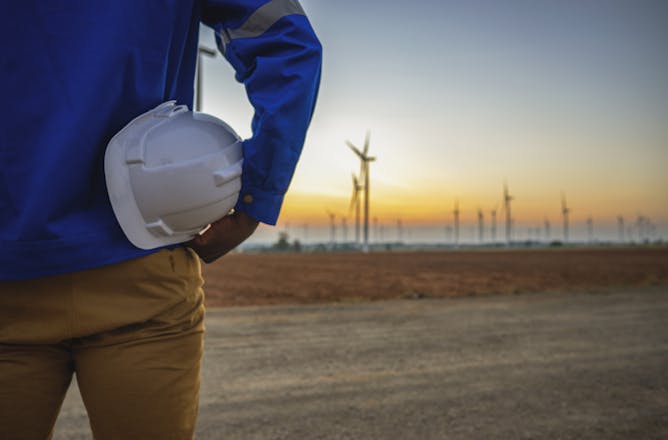
Renewable energy jobs often aren’t close to fossil fuel workers’ homes.
Prapass Pulsub/Moment via Getty Images
Morgan R. Frank, University of Pittsburgh; Junghyun Lim, University of North Carolina at Chapel Hill
In a greener future, what becomes of current fossil fuel workers? Despite possessing skills applicable to green industries, their geographical locations will limit their opportunities.
|
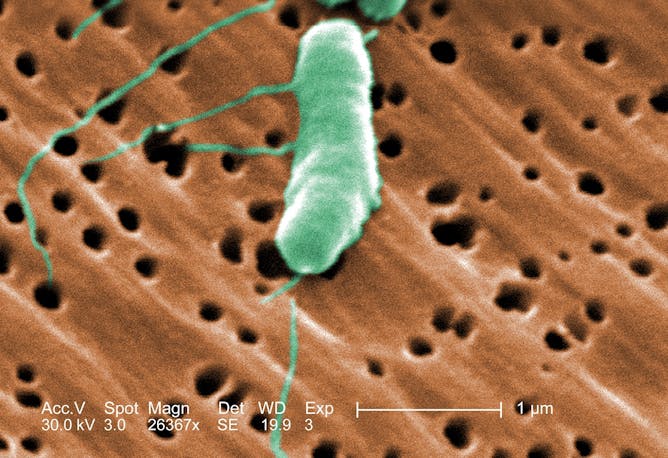
Vibrio vulnificus infections are spreading across the U.S. because of climate change.
CDC/Janice Haney Carr
Bill Sullivan, Indiana University
Warmer ocean waters are fueling the spread of the bacteria Vibrio vulnificus. Infections can lead to a rare but fatal condition called necrotizing fasciitis.
|
|
|
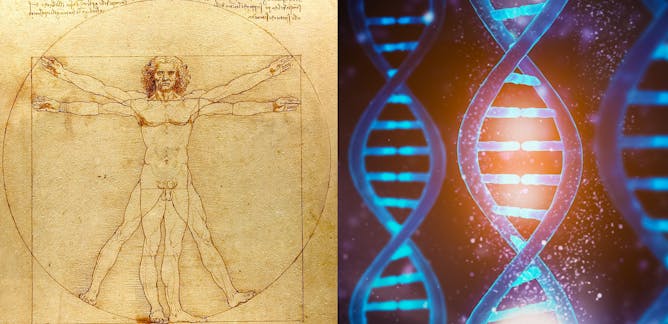
Katherine Reinhart, Binghamton University, State University of New York
Art and science may seem like opposites, but throughout history the disciplines have fed off each other − and still do today.
| |
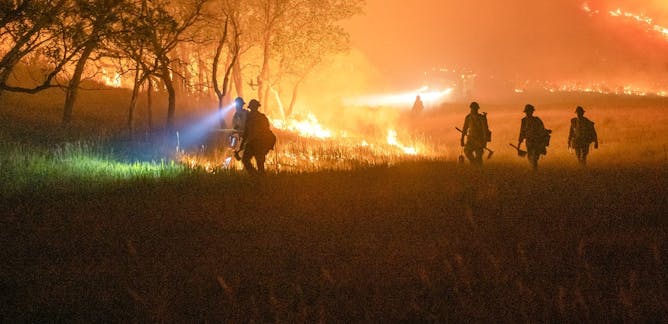
Brent C. Ruby, University of Montana
Wildland firefighters need the endurance of a cyclist in the Tour de France, and the work takes a toll on their bodies. A physiologist explains what’s at stake.
|
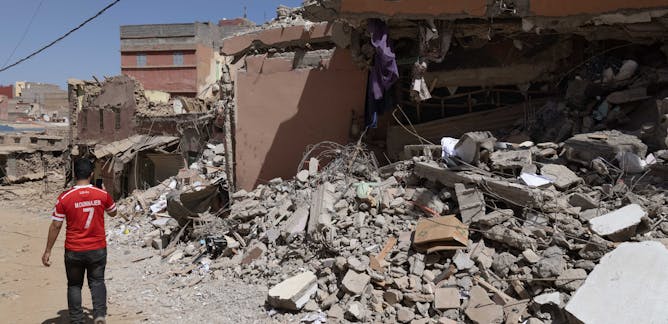
John van de Lindt, Colorado State University
One way to prevent the destruction wrought by a devastating earthquake – like the one that hit Morocco in September 2023 – is to construct resilient homes and buildings.
| |

Tam Nguyen, University of Dayton
How do all the different pieces of digital technology you use every day – weather apps, online banking, games and so on – talk to each other? Via application programming interfaces, or APIs.
|
|
|
|
|
-
Sara Nelson, Iowa State University
An aerospace engineer explains why it’s so hard to tell just how fast an airplane is really moving.
-
Chantrell Frazier, Framingham State University; Kenneth G. Furton, Florida International University; Vidia A. Gokool, Lawrence Livermore National Laboratory
Human scent could one day be used as evidence in forensics and as diagnostic information in medicine.
-
Christopher Rozell, Georgia Institute of Technology; Sankaraleengam Alagapan, Georgia Institute of Technology
Deep brain stimulation can help some people with treatment-resistant depression feel better, but it can be unclear whether a bout of low mood is a relapse or a bad day.
-
Jacob S. Suissa, University of Tennessee; Ben Goulet-Scott, Harvard University
Botanizing is the practice of observing and appreciating plant life. Two plant scientists explain how it benefits people and the planet.
|
|
|
|
|
| | |
| | |
| |
| |
| |
|
|
|